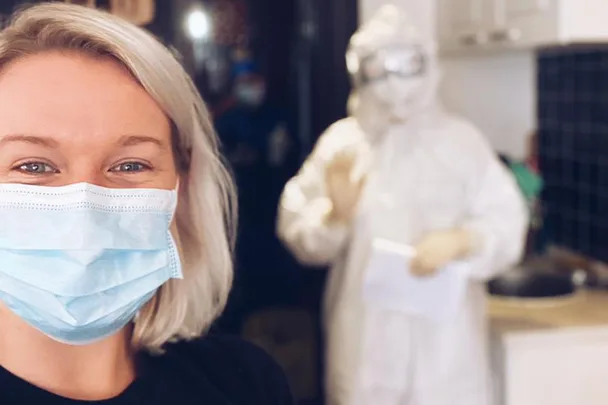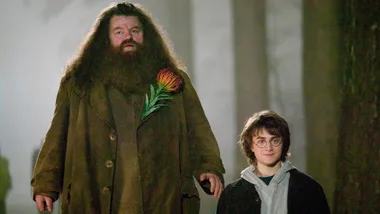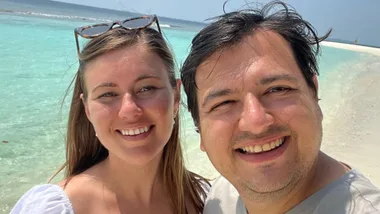After a trip home to the US, Abby McBride found herself in quarantine in Shanghai, China. Now as the rest of the world goes into lockdown, and returning Australian travellers undergo similarly strict self-isolation, she shares her story.
I’ve lived in Shanghai for almost eight years. I learnt Mandarin at school and studied in Beijing during university, so right upon graduation I moved here from the US. I work in advertising as a media strategist.
Life here is different every day. It’s really fast-paced and I live in the French Concession, an awesome little neighbourhood filled with restaurants, cafes, tree-lined streets and parks.
We first started hearing about coronavirus in mid-to-late January. Two days before our Chinese New Year break, we were told to work from home – usually we have a full week off and everyone returns to their hometown.
I was planning on staying in Shanghai, having travelled over Christmas. It’s kind of ironic now that was I looking forward to spending a week at home…
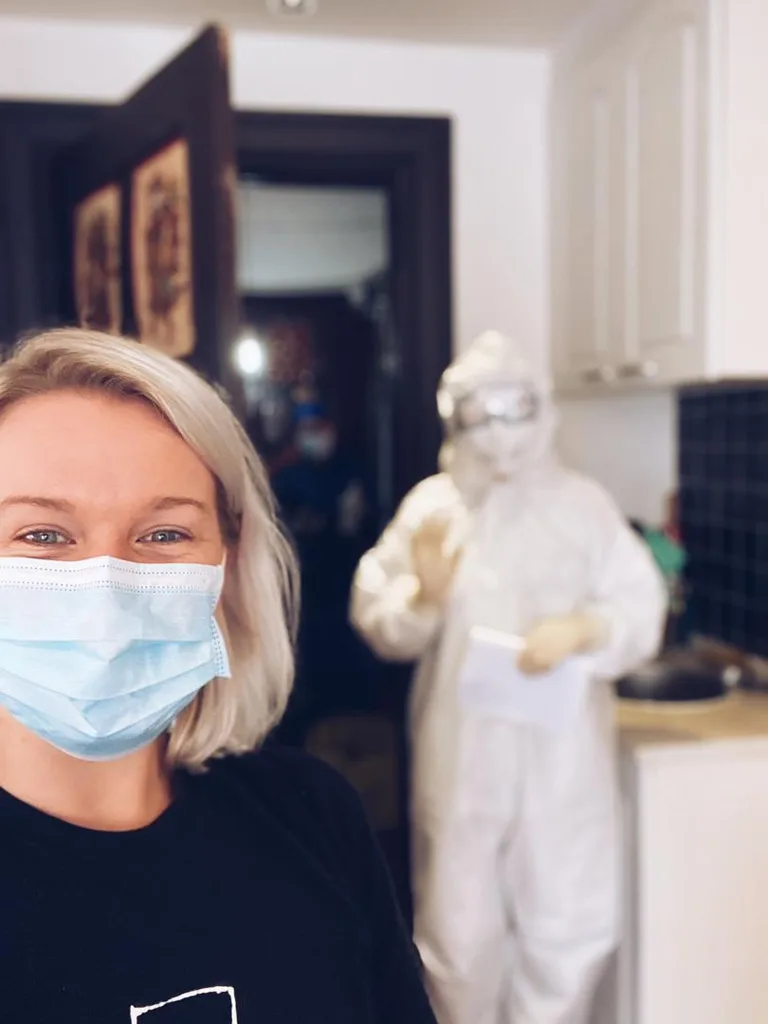
About five days into the holiday break, you could sense panic in the air. Most of my friends had left the city and although the bars and restaurants were still open, they were pretty empty.
When they started locking down cities around Shanghai, I decided to make my move and return to the US. I wasn’t worried about contracting the virus myself, but concerned about getting stuck if Shanghai did go into lockdown. At that stage we had no idea how bad things were going to get on a global scale.
I assumed I’d be gone for about 10 days. My neighbours, a local Chinese family, kindly offered to look after my cat and told me to go home to my family. By that time there was nobody on the streets … well, except for some foreigners, callous as we are.
When I landed in the US the customs guy spent more time talking about my ironic phone case then questioning the fact that I’d come from China. There were no temperature checks or anything. That apparently changed in the next few days, but for me there was nothing … eerily nothing.
Back home I decided to self-isolate for 14 days – not that that was suggested or regulated by the US Government. I’m from a suburban town outside Boston so luckily I could get outside and walk around a lot. I ended up staying there for six weeks.
In early March, I saw that Shanghai was starting to open up again. It looked like a really safe place and they had great systems; the number of infected people in the city never grew over about 400 [in a population of 24 million]. I needed to get back to my life and my cat, so I made up my mind to return.
I flew back to China wearing my mask – I’m Team Mask, after living in Asia for eight years, you become Team Mask real quick!
My stopover was in Japan, but due to a flight cancellation I had to change airports, which meant that technically I entered Japan, a high-risk country at the time.
As such, when I returned to my home in Shanghai, my neighbours advised that I would be under a 14-day quarantine. It was partly government-mandated, but implemented by my “neighbourhood committee”. That’s just the way the Chinese Government works.
The next morning I had a visit from four hazmat suits in my apartment. It was the day after International Women’s Day and I was treated by a female doctor, which I loved; I took a selfie with her. She told me to take my temperature and message her via [Chinese messaging app] WeChat twice a day.
Other than that I was on my own in my small apartment for 14 days. I was offered food deliveries including “western delicacies” like Pringles and Oreos, and everyone in my neighbourhood was so kind. When I was in the US my landlord messaged saying I didn’t need to pay February’s rent. My neighbours watched my cat the whole time I was away, and on about day seven of quarantine, they texted saying they’d left wontons on my doorstep.
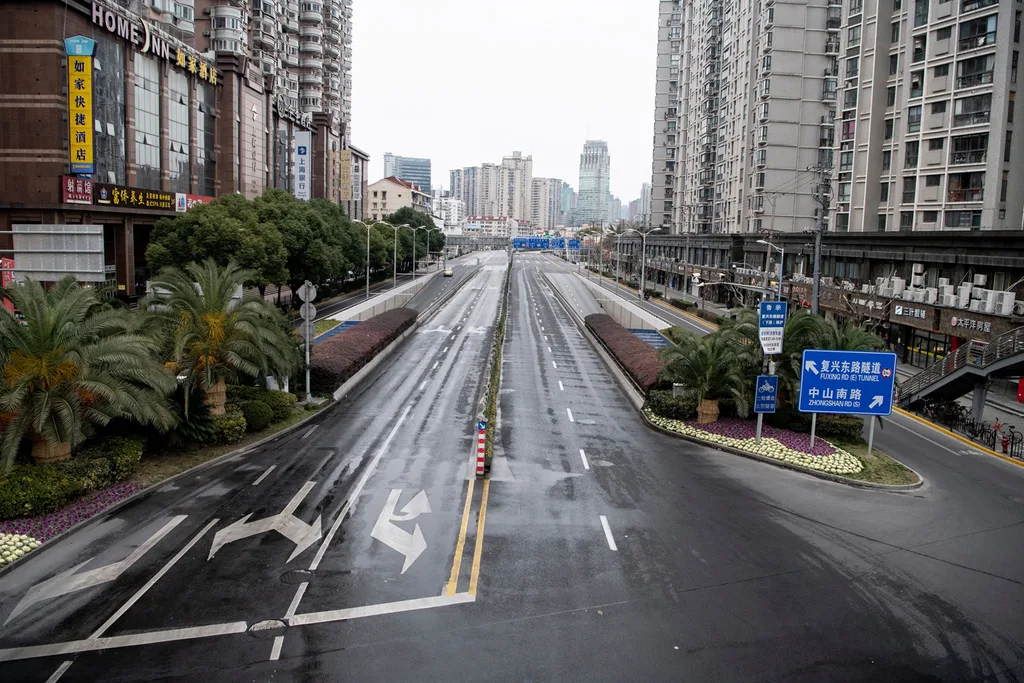
It was tough being inside all day, especially as it was beautiful weather in Shanghai. Sometimes I snuck outside my bathroom window onto a small piece of my roof for a little bit of sun. But it was bizarre having zero physical interaction with anyone.
I’m not much of an Instagram user, but I really took to Stories. It was my way of communicating and interacting. We were about a month ahead of the rest of the world – so it was good to show my family and friends back home what was going on.
While I was isolating, the city was starting to wake. People were going out, though still wearing masks.
On Day 15, someone came over and took my temperature, then handed me a signed piece of paper saying “Congratulations, You Passed!” The first thing I did was get outside. I walked and I walked and I walked, all around the city, for hours. What was funny was that I hadn’t worn shoes for 14 days, so my feet were not happy.
I’m extremely proud to have had China as my second home throughout all of this. Are there draconian measures in place? Absolutely. But you just have to look at the science and the data. The cases here were never high. And people respected the community and that collectiveness. It wasn’t a headstrong “You can’t tell me what to do”, it was “Hey, everyone stay home because this is really dangerous”, so everyone stayed home.
What’s life like now? We’re not social distancing but we’re exercising caution. Everyone still wears a mask outside, although the government says if you’re not around anyone you don’t have to. Public transport is back up and running. In my office, we’re still working in shifts, so I work a few days from home each week. Our elevator has a grid on it so everyone stands on a box to eliminate crowding.
When you go to a bar or restaurant, they take your temperature before you enter. Even if you order delivery or take-out, they’ll note down the temperature of the person who prepared your food. Everything’s documented.
Right now, I feel an odd sense of guilt when I go outside. I think of my friends and family in the US – and across the globe – who are really in the thick of it while I’ve seemingly come out the other end. I hope the rest of the world can learn something from our experiences in China.
